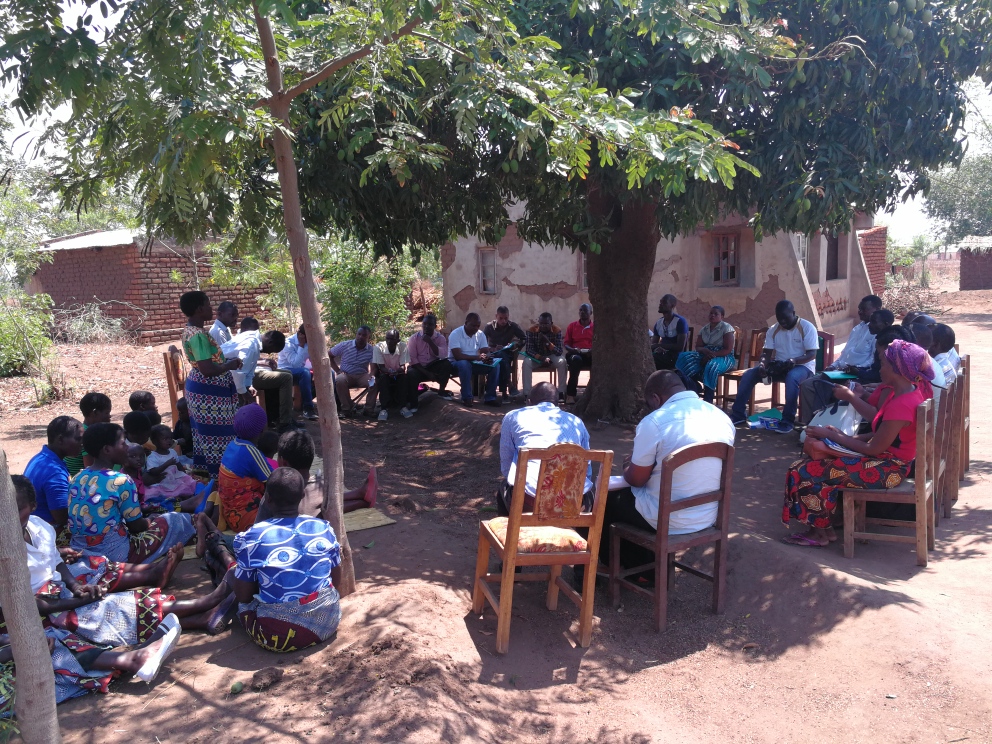(Photo: CC BY-NC-ND 2.0 DEED ILRI)
In a thought-provoking webinar moderated by Nolundi Luwaya, Director of the Land and Accountability Research Centre at the University of Cape Town, experts from across Africa convened to unravel the complexities of the role of traditional authorities in land-based investment governance. This event brought to light the unique challenges and strategies employed by traditional authorities in managing land-based investments.
Nana Ama Yirrah, Founder and Director of COLANDEF, painted a vivid picture of Ghana's dual land tenure system. She emphasized the autonomy of customary land authorities and the hurdles they face in fostering gender equality and social inclusion in land decisions. She underscored Ghana's Land Act's role in safeguarding the mandate of these authorities, while advocating for transparent and accountable land transactions. Yirrah also stressed the importance of improving access to local-level information, a vital step towards enhancing women’s rights in land processes.
Milton Kamara, Chairperson of the Landowners Committee, Kasseh Chiefdom, recounted tales of chiefs who once undermined community land rights and how Sierra Leone's legal transformation now empowers communities. He highlighted the new law's impact, particularly the village land committees' crucial role in managing community lands and ensuring inclusive decision-making. He pointed to the need for efficient information systems to empower communities in making informed decisions about land investments.
Dr. Mahmoud Solomon, Assistant Director of Survey and Mapping of the Liberia Land Authority, delved into the challenges of implementing Liberia's Land Rights Act, which recognizes traditional authority ownership but is hampered by a cumbersome Customary Land Formalization Process. He expressed a desire for legislative reforms to bolster the relationship between traditional authorities and the Land Authority. Solomon envisions a comprehensive digital land information system for the Liberia Land Authority as a tool to manage land investment leases and developments.
Bernard Opaa, Deputy Director Natural Resources and Environment at the National Land Commission in Kenya, highlighted Kenya's challenges with land investment, focusing on tenure security and the lack of formal documentation for community lands. He outlined the National Land Commission's initiatives in public education, land rights monitoring, and promoting alternative dispute resolution. The development of a land data atlas, documenting natural resources and tracking resource-based investments, especially in unregistered lands, was a key point of his narrative.
The webinar concluded with a consensus on the need for robust land governance frameworks, improved data management systems, and heightened transparency and accountability in land investments. The speakers, with their diverse experiences and strategies, underscored the critical need for nuanced legal frameworks and inclusive decision-making processes to navigate the intricate landscape of land governance in Africa.


